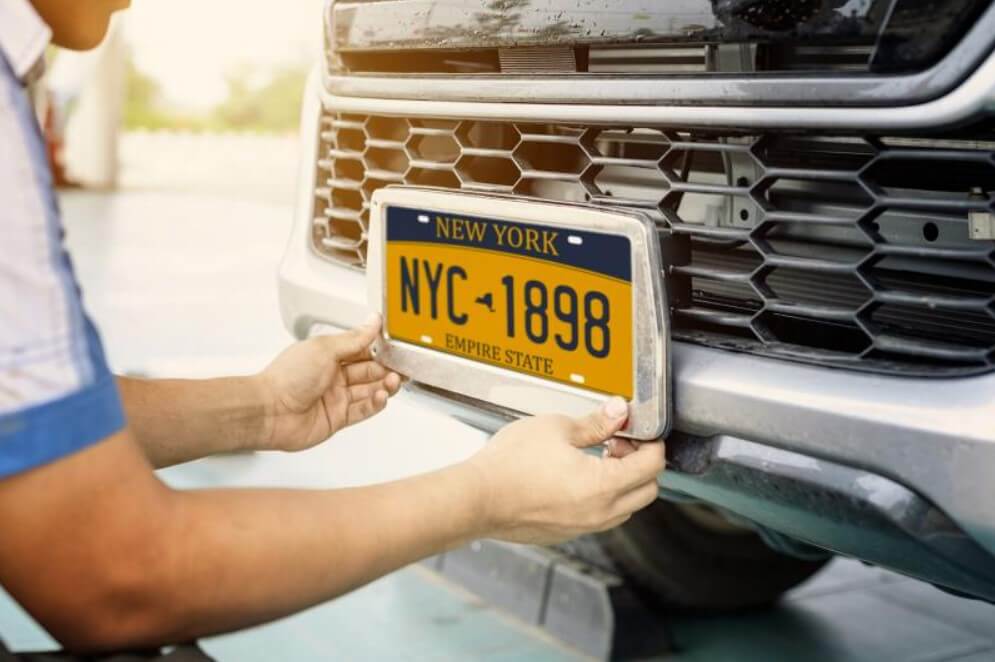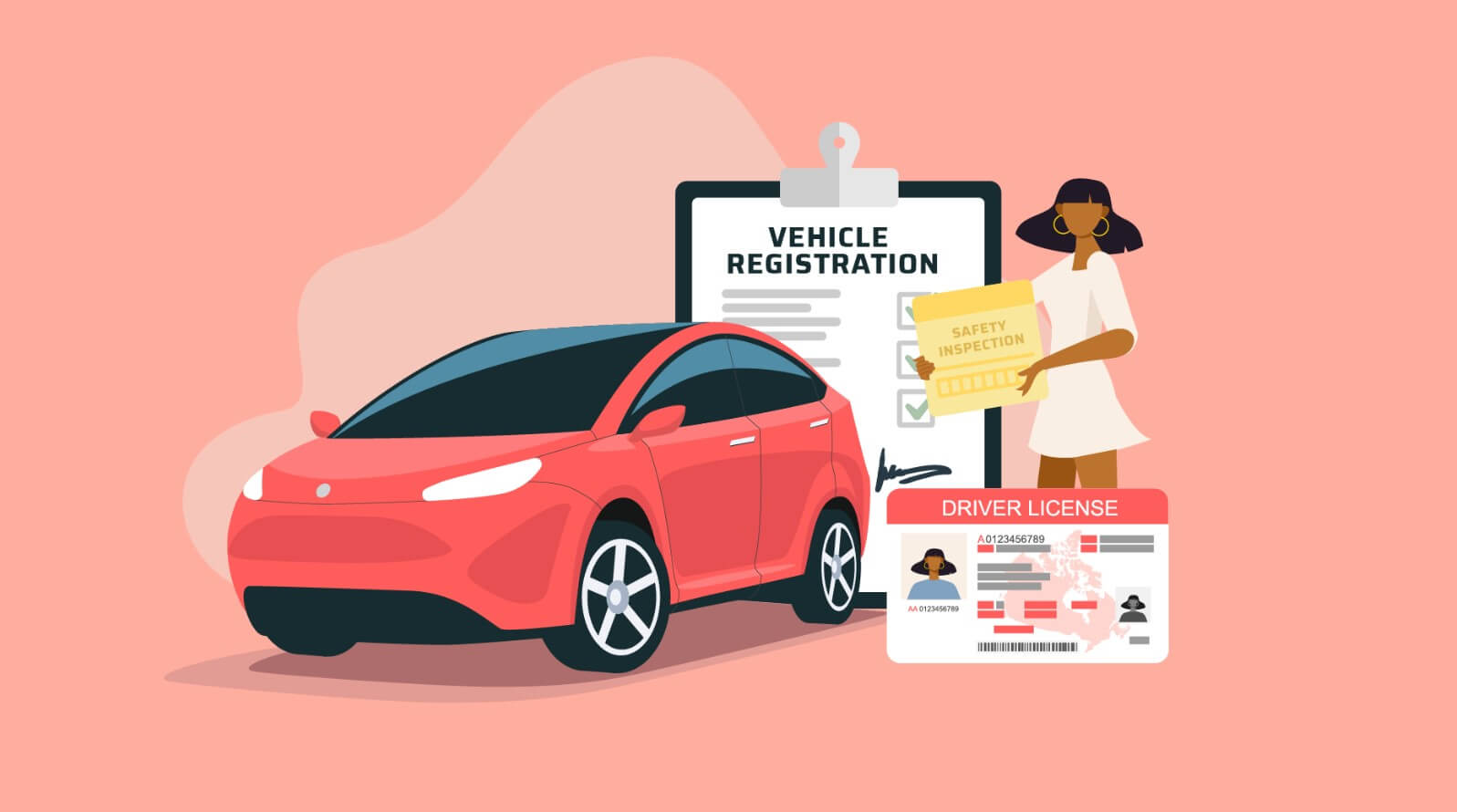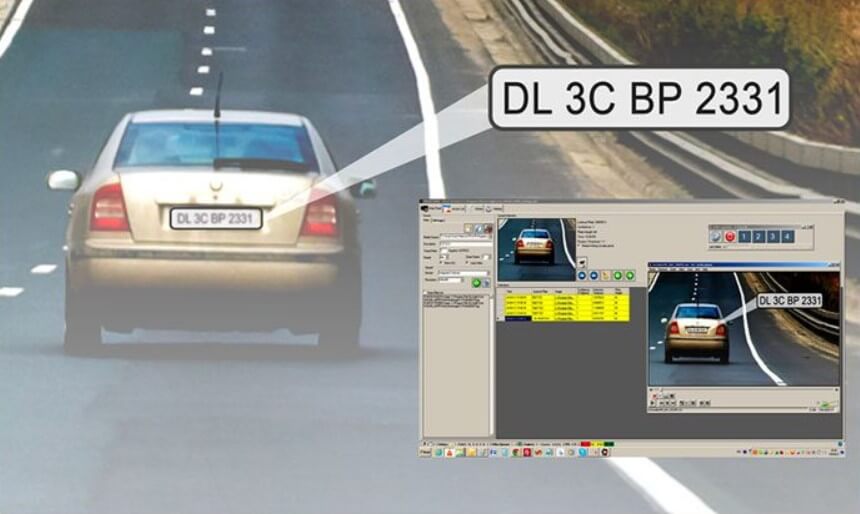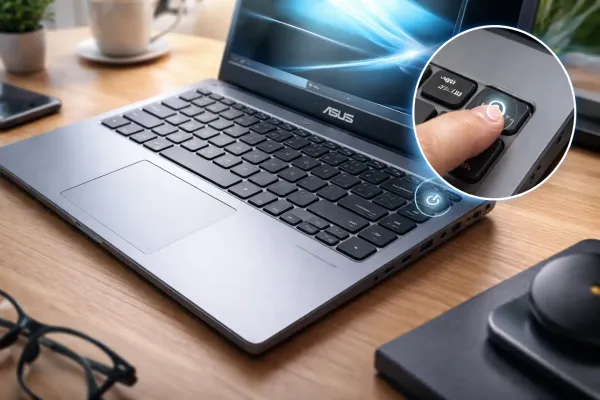7 Powerful & Legit Reasons to Use a License Plate Lookup Before Buying a Used Car

Buying a second-hand vehicle? Don’t just trust your instincts—trust the facts. A license plate lookup before buying a used car can be your ultimate truth detector. In just minutes, it unveils hidden data about the car’s past—from accidents to ownership issues—empowering you to make smarter, safer decisions.
Let’s explore 7 powerful and legitimate reasons why a quick license plate check could save you thousands and protect your future on the road.
What is a License Plate Lookup Before Buying a Used Car?

A license plate lookup before buying a used car is an online tool that lets you retrieve comprehensive vehicle history simply by entering a car's plate number.
Key Details You Can Access:
Accident and damage reports
Salvage or branded titles
Ownership and registration history
Odometer readings and rollback flags
Recall alerts and open safety issues
Theft records and law enforcement flags
This simple search provides peace of mind and negotiation power before you commit to buying.
How a License Plate Lookup Works

The Process:
-
Enter the license plate number into a reputable lookup service.
-
The tool fetches the Vehicle Identification Number (VIN) tied to that plate.
-
VIN-linked databases are scanned, including:
-
State DMVs
-
Insurance companies
-
Law enforcement agencies
-
Service and repair centers
-
-
Results are presented in a clean, easy-to-read report.
Pro Tip: Many services include VIN lookup integration, giving you a full-spectrum history with just the plate number.
Top 7 Legit Reasons to Use a License Plate Lookup Before Buying a Used Car
Verify Legal Ownership and Title History
One of the first and most vital reasons to use a license plate lookup before buying a used car is confirming that the seller is the rightful owner.
What You Can Discover:
Number of previous owners
Type of ownership (private, fleet, lease)
Whether the title is clean, salvage, or rebuilt
Existing liens or outstanding loans
If the seller can’t prove clear ownership, walk away. Title fraud is more common than you think.
Reveal Past Accidents and Damage Records
Sellers won’t always disclose past wrecks—but the data doesn’t lie.
Details You Might Uncover:
Collision history and severity
Airbag deployments
Frame or structural damage
Insurance claims
Why It Matters:
Even minor accidents can affect a car’s alignment, safety, or resale value. A plate lookup exposes what visual inspections can't.
Detect Odometer Tampering and Mileage Discrepancies
Mileage matters. High-mileage cars typically mean more wear and tear—but odometer fraud is real.
How a Lookup Helps:
Compares odometer readings from past registrations
Flags inconsistencies or rollbacks
Gives you a timeline of mileage progression
If mileage data doesn’t line up, it’s a major red flag.
Spot Recalls and Open Safety Issues
Driving a recalled vehicle? Dangerous—and surprisingly common.
Lookup Can Show:
Unresolved manufacturer recalls
Urgent safety defects
Recall notice dates and summaries
Take recall info to the dealer—they're often required to fix these for free.
Expose Vehicle Theft or Fraudulent Registration
A license plate lookup before buying a used car can flag if the vehicle has ever been reported as stolen or illegally re-registered.
Data Points You’ll See:
National theft database matches
VIN cloning attempts
Suspicious registration patterns
Avoid becoming an unknowing accessory to a crime. Always check!
Confirm Accurate Vehicle Specs and Trim
Don’t get duped by flashy paint jobs or aftermarket mods.
Use a Lookup to Verify:
Engine size and fuel type
Original trim and factory-installed features
VIN-coded options (navigation, AWD, sunroof)
It’s common for sellers to advertise "top trims" that aren’t what they claim.
Uncover Title Branding and Flood Damage
Some cars look fine—but were once totaled, salvaged, or submerged.
Plate Lookup Flags:
Salvage titles
Lemon law buybacks
Flood or fire damage
Rebuilt or reconstructed status
These cars often have hidden mechanical issues and plummeted resale value.
Real-Life Cases Where License Plate Lookup Saved Buyers
Amy (Texas): Discovered a flooded SUV sold as “clean”—lookup saved her $15,000.
Brad (Florida): Exposed an odometer rollback of 70,000 miles.
Nina (California): Found unpaid liens—nearly bought a car the seller didn’t own free and clear.
Comparing License Plate Lookup vs VIN Check
| Feature | License Plate Lookup | VIN Check |
|---|---|---|
| Ease of Use | Very easy | VIN may be hard to find |
| Information Depth | Moderate to detailed | Very detailed |
| Recommended For | Early screening | Final purchase stage |
| Price | Often free or low-cost | Usually paid |
Use both together for total protection.
Is License Plate Lookup Legal?
Yes. As long as you use it for legitimate, non-harassing purposes like:
Buying a used vehicle
Verifying ownership
Checking for theft or fraud
Always use FCRA-compliant lookup services in the U.S.
Free vs Paid Plate Lookup Services: Which Should You Use?
Free Tools Offer:
Basic title and recall info
Some accident history
Paid Tools Include:
Odometer and mileage checks
Full accident and insurance claims
Theft records and lien history
Paid services like Carfax and AutoCheck offer the best peace of mind.
When in the Buying Process Should You Run a Lookup?
Before you test-drive.
This helps you avoid wasting time on bad vehicles and gives you leverage during negotiations.
Is a Mechanic Inspection Still Necessary?
Yes, always. A license plate lookup before buying a used car shows you the past—but not the current condition.
Combine:
Lookup report
Mechanic evaluation
Test drive
Visual inspection
Bonus Tips for a Safe Used Car Purchase
Request a bill of sale
Check for unusual wear on tires and seats
Look under the car for rust or leaks
Avoid wire transfers—use traceable payment methods
Always meet in safe, public places
FAQs About License Plate Lookup Before Buying a Used Car
Can anyone run a plate lookup?
Yes, if you're a prospective buyer or have a legal interest.
Is it private?
Totally. Sellers won't be notified.
What if the car was once in another state?
Good lookup tools access nationwide databases, including state transfers.
Can a lookup show liens?
Yes, especially on paid reports. It can save you from buying a car with outstanding loans.
How fast are results?
Usually instant—within seconds.
Do dealers hide history?
Not always—but it's your job to verify independently.
Final Thoughts: Protect Yourself with a License Plate Lookup Before Buying a Used Car
A license plate lookup before buying a used car is your best friend in a high-stakes purchase. It’s quick, affordable, and can expose secrets that sellers may hide or forget.
Why gamble when you can Google?
Get the facts. Save your cash. Drive away confident.
✅ Used Car Buying Checklist
- Run license plate lookup
- Confirm title and ownership
- Review accident history
- Check for open recalls
- Verify vehicle specs and mileage
- Schedule mechanic inspection





